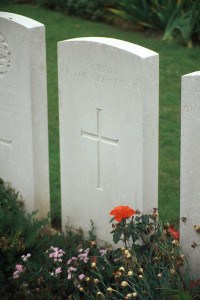I read this sentence in Surprised by Hope by N. T. Wright and thought I would share it with you.
“Our task in the present . . . is to live as resurrection people in between Easter and the final day, with our Christian life, corporate and individual, in both worship and mission, as a sign of the first and a foretaste of the second.”
![]() There is a challenge at the end of this sentence. The way Christians live should give evidence of the truth of Easter. The way Christians live should also give people a foretaste of what life will be like when Jesus comes back to make everything right.
There is a challenge at the end of this sentence. The way Christians live should give evidence of the truth of Easter. The way Christians live should also give people a foretaste of what life will be like when Jesus comes back to make everything right.
If Easter really happened (I believe it did), then why do I get upset by the small things in my life. If death is truly conquered, what problem that I face is bigger than death? (Tweet This)
Also, the fact that salvation is only on the basis of God’s grace and the work of Jesus, we can live in the confidence that when the final day takes place, it will be a day of rejoicing. The king will return, depose the usurpers and set everything right. That will be a party and our life right now should reflect that hope.
As N. T. Wright points out, this hope will affect our worship and our mission. It will affect our gatherings and what we do out in the world.
We are to be resurrection people.

